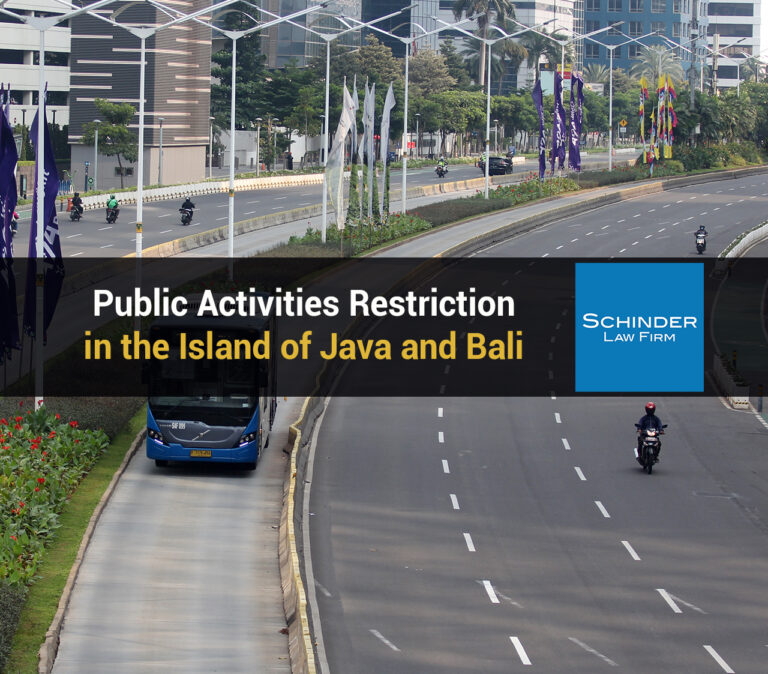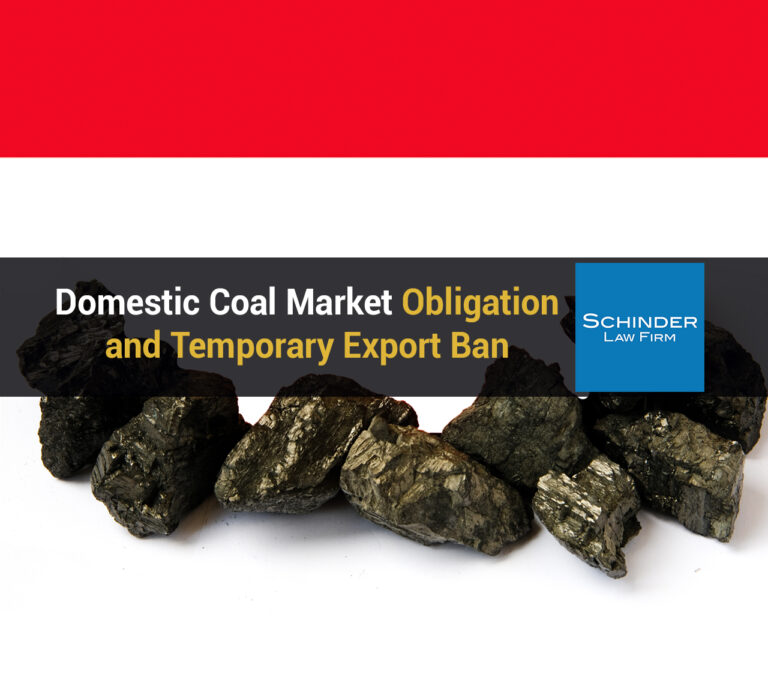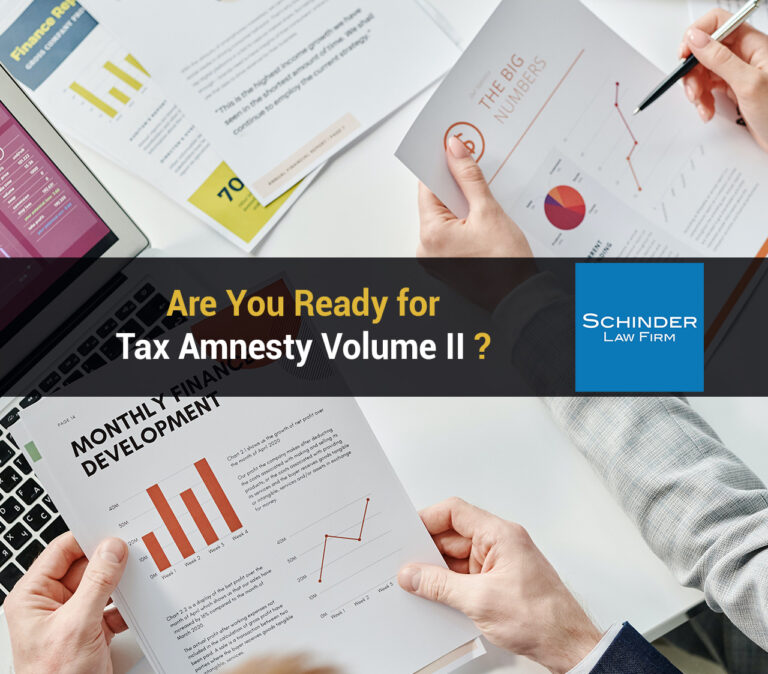
New Value Added Tax (VAT)
The COVID-19 pandemic has left lasting damage, not only to public health, but to the economy as well. A lot of effort will be required to recover both aspects, both by the government and by individuals. One of the steps that the government has taken to accelerate economic growth during this pandemic is issuing a new tax regulation in the form of Law No. 7 of 2021 regarding Tax Regulation Harmonization (Law No. 7 of 2021) on 29th October 2021 which revised many tax provisions, including the Value Added Tax (VAT) which was previously regulated in No. 42 of 2008 regarding Third Amendment to Law No. 8 of 1983 concerning Value Added Tax on Goods and Services and Sales Tax on Luxury Goods (Law No. 42 of 2008).

Ministry of Energy and Mineral Resources Invites Other Ministries/Agencies to Accelerate Electric Vehicle Conversion
The Ministry of Energy and Mineral Resources (MEMR) invites Government Ministries and Institutions in Indonesia to participate in supporting the acceleration of the national program to implement Battery-Based Electric Motorized Vehicles (Kendaraan Bermotor Listrik Berbasis Baterai / KBLBB) for road transportation, especially two-wheeled roadworthy operational vehicles with a book value of Rp. 0.

Renewal of LSBU Application Process
On 25th November 2021, the Minister of Public Work and Housing issued Circular Letter No. 21/CL/M/2021 Regarding Procedures for Fulfilment of Business Licensing Requirements, Implementation of Construction Work Competence Certification, and Implementation of Business Entity Certificates and Construction Work Competency Certificates (CL 21/2021). The Circular Letter stipulates many things, such as Fulfilment of LSBU/ Lembaga Sertifikasi Badan Usaha (Business Certification Institute) Business Licensing Requirements, Fulfilment of LSP/ Lembaga Sertifikasi Profesi (Profession Certification Institute) Business Licensing Requirements and the Fulfilment of Business Licensing Requirements for Construction Services Business Entities.

Public Activities Restriction in the Island of Java and Bali
The Minister of Home Affairs issued The Minister of Domestic Affairs Instruction No. 03 the Year 2022 regarding the Implementation of Public Activities Restrictions Corona Virus Disease 2019 Level 3, Level 2, And Level 1 In Java and Bali islands. This Instruction clarifies the level of Community Activities Restriction (PPKM) in these areas, along with the list of activities that are allowed and prohibited.

Domestic Coal Market Obligation and Temporary Export Ban
Domestic Market Obligation (DMO) of coal is the obligation of Business Entities to submit part of its share of coal production to the state through the Implementing Body in the context of supplying coal to meet domestic needs, the amount of which is regulated in the Cooperation Contract. This DMO regulation is essential to control the amount of coal

Calculating the Overtime Wage: Key Provisions Your Company Should Know
The calculation of overtime wage is regulated in Article 26, Article 29, Article 31 Paragraph (1), Article 31 Paragraph (2), Article 31 Paragraph (3) and Article 32 of Government Regulation no. 35 of 2021 concerning Employment Agreements for Certain Time, Expert Power, Working Time and Rest Time, and Termination of Employment (“GR 35/2021”).
Company Obligation
Article 26 states that overtime can only be worked at most 4 (four) hours in 1 (one) day and 18 (eighteen) hours in 1 (one) week and Article 29 further

Are You Ready for Tax Amnesty Volume II?
The Indonesian reformation period promotes continuous new innovations led by its people, thus helping Indonesia’s economic stability. Indonesia is a country that has high economic potential, potential that is starting to be noticed by the international community due to the prosperity of natural resources contained in the motherland. Of course, rapid materialistic success is encouraging news for business actors, but for some people, this is just one edge of a double-edged sword. At the other edge of the blade is an obligation for business actors to pay taxes on their income.

Is COVID-19 Still Considered a Force Majeure?
Whether COVID-19 can be considered a Force Majeure in a contract or not is still a somewhat debatable topic. By definition, which is regulated in Article 1244 and Article 1245 of Civil Code, Force Majeure is a situation that occurs suddenly and is beyond the control of the parties, which causes an agreement to be hampered or unable to be carried out at all. The key words are “beyond the control of the parties” and “causes the agreement to be hampered or unable to be carried out at all.”

Claim in Negligence: An Overview
Recently, the media in Indonesia has been buzzing with reports of an accident that killed a celebrity couple caused by the negligence of a driver. The internet community questioned whether the criminal sanctions for negligence alone were sufficient and able to bring a sense of justice. Furthermore, the question is whether a person who commits negligence can be held civilly responsible.

IPO for Companies Involved in Legal Cases
Every company has the opportunity to conduct an initial public offering (IPO) and list its securities on the Indonesia Stock Exchange (IDX). In the context of an IPO, the company will issue a document called a prospectus, which is a document that contains any written information related to the public offering process that the company is carrying out with the aim to disclose everything about the company to the public before they decide to buy securities. The form and content of the prospectus in the context of a public offering have been regulated in the Financial Services Authority (OJK) regulations.
Practice Area
- Dispute Resolution
- Foreign Direct Investment
- Business Formation, Mergers and Acquisitions
- Land and Property
- Construction and Real Estate
- Employment and Labor
- Environmental Law
- Bankruptcy, Insolvency and Restructuring
- Aviation and Shipping
- White Collar Crime
- Intellectual Property and IP Dispute
- Privacy, Data Protection and Cyber-Security